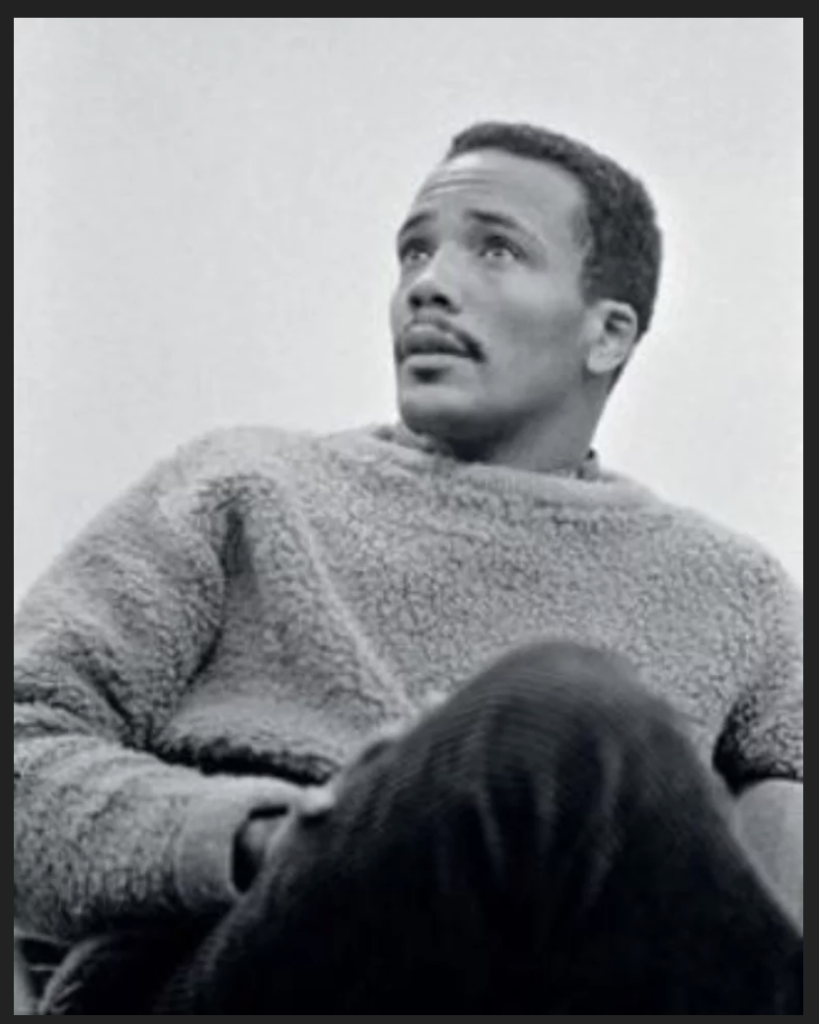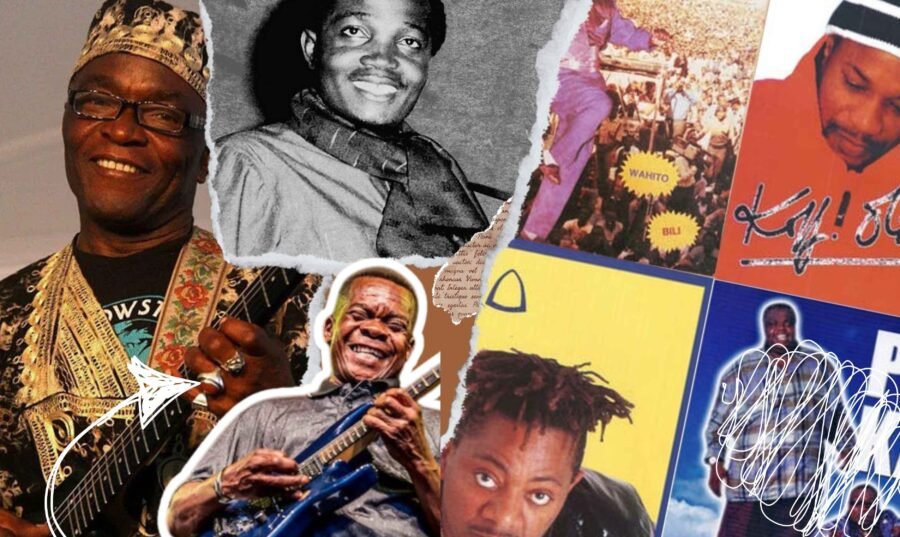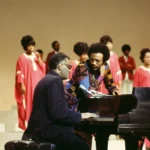Quincy Jones’ Heartfelt Bond for Africa, Heritage and Music

Quincy Jones, an American music legend, has had a profound connection with Africa, which has influenced his life and work for decades. Known for his contributions to jazz, pop, R&B, and film scoring, Jones has played an instrumental role in bridging American music with African culture and sound. His journey with Africa is a testament to his dedication to music and belief in the power of cultural exchange, social justice, and African heritage.
Early Influences and Musical Discovery
Quincy Jones was born in 1933, growing up in Chicago during an era of jazz giants and big band music. As a child and later as a young musician, he was exposed to sounds from various cultures, but it wasn’t until he reached adulthood that Africa truly began to resonate with him. While he gained fame in the 1950s and 1960s as a jazz musician, arranger, and composer, his curiosity about the African roots of American music deepened. This led him to explore African rhythms, melodies, and instruments and seek ways to incorporate these elements into his work.
A Visit to Africa: The Beginning of a Lifelong Connection
In the early 1970s, Quincy Jones travelled to several African countries, including Senegal, Ghana, Nigeria, and Kenya. This journey was a transformative experience, where he connected with artists, musicians, and leaders who helped deepen his appreciation for African culture. Jones was particularly fascinated by the rich musical traditions he encountered, especially the use of polyrhythms, call-and-response patterns, and percussive elements, which he saw as foundational to the evolution of jazz and blues in America.
This journey planted the seeds for Jones’s later efforts to celebrate and collaborate with African musicians. His understanding of Africa’s historical and cultural ties to the African American experience was musical and political, as he became an advocate for African rights and dignity on the world stage.

“We Are the World” and African Advocacy
One of Jones’s most significant cultural contributions came in the 1980s, during the peak of his fame as a producer for artists like Michael Jackson. In 1985, he produced the globally renowned song “We Are the World,” written by Michael Jackson and Lionel Richie, to raise funds for African famine relief, particularly in Ethiopia. This project brought together major American pop artists to raise awareness of African struggles, and it marked a turning point in the West’s understanding of African crises, bringing global attention and millions in aid.
Jones’s efforts with “We Are the World” extended beyond a single project; it was part of a more significant movement for African advocacy in Western media and music. He used his platform to remind the world of Africa’s immense cultural contributions and emphasized the need for both respect and responsibility toward the continent.

Influence on Quincy Jones’s Music and Productions
Jones’s exposure to African music and instruments influenced his work across genres. For example, African-inspired rhythms and structures can be heard in several of his projects, including Michael Jackson’s landmark albums Off the Walland Thriller, which he produced. He championed African drums and beats, recognizing their emotional resonance and historical connection to the music he helped pioneer.
In addition, his soundtrack for Roots, the 1977 television mini-series based on Alex Haley’s novel, incorporated African-inspired music that underscored the journey of enslaved Africans and their descendants in America. His creative decisions brought authenticity to the music and lent a powerful emotional depth to the narrative, reinforcing the connection between African American history and African roots.
African Education and Cultural Promotion
Quincy Jones has also supported educational and cultural projects that benefit African youth. In recent years, he has partnered with organizations that bring music education to African students, empowering young people to explore their musical heritage and broaden their opportunities. He has spoken frequently about his belief that music can be a universal language and an instrument for social change, especially in the lives of African youth.
A Lasting Legacy
Quincy Jones’s relationship with Africa reflects his commitment to celebrating and preserving African heritage. He has honoured Africa’s cultural wealth through music, philanthropy, and advocacy while highlighting its struggles and triumphs. His legacy extends beyond his records and awards to a more profound mission of fostering cross-cultural understanding and solidarity.
Today, Jones’s impact is seen in how African music continues to gain respect and influence worldwide. His life and work exemplify how musicians and artists can use their platforms to promote cultural appreciation, awareness, and unity. For Quincy Jones, Africa has been more than an influence; it was a source of inspiration and a call to action that has shaped his life’s work. His journey with Africa is a reminder of the timeless connections between peoples and cultures, a legacy that resonates across continents and generations.












